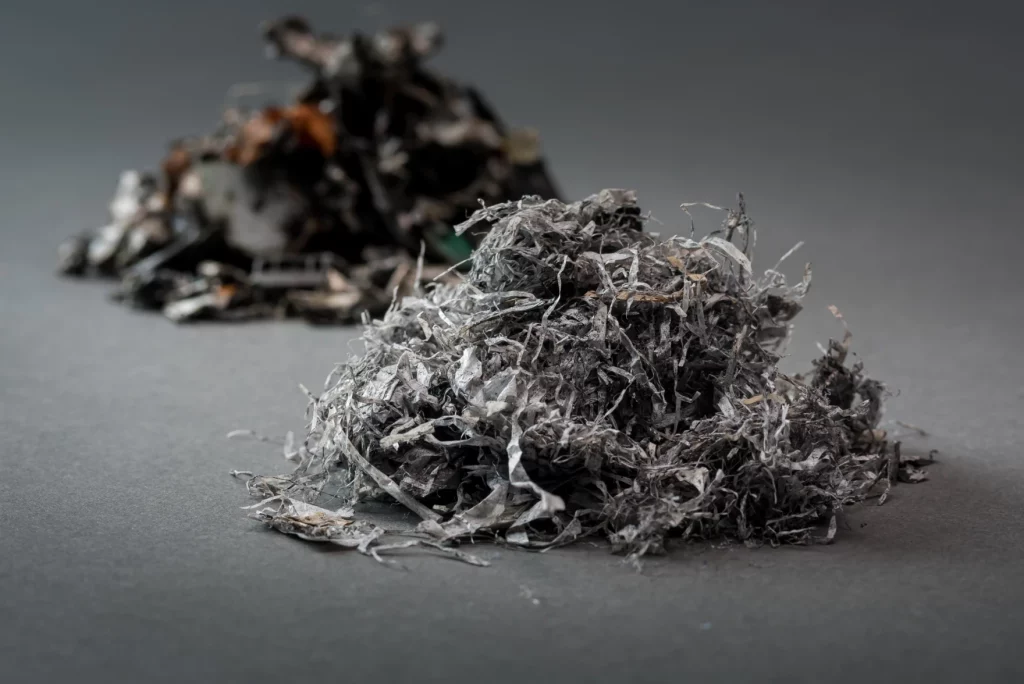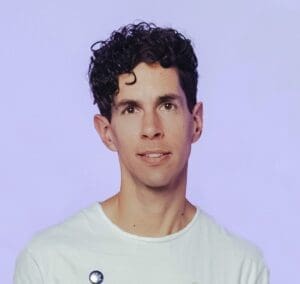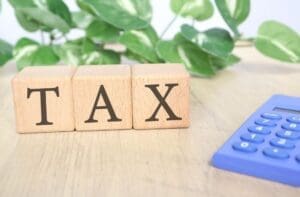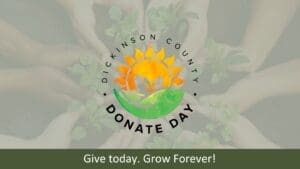Panasonic’s decision to build a $4 billion factory for electric vehicle batteries in Johnson County could help an industry struggling to ramp up while reeling from an ailing supply chain.
The plant also underscores how an industry marketed as green comes with its own tough-to-solve environmental problems — like how to build a more easily recycled battery with a lower pollution footprint.
For now, salvaging the most valuable ingredients in electric batteries usually means shredding them and burning off certain ingredients or drenching them in acid.
“Nobody has come up with a good design that would be easily recyclable,” said Linda Gaines, a chemical physicist and transportation system analyst at the Argonne National Laboratory.
The fact that each manufacturer designs its batteries differently further complicates the chore of salvaging the remains of an old battery, she said.
“If you can actually recover the materials without breaking them down that far,” Gaines said, “you get a more valuable product with less energy use and less environmental impacts along the way.”
Argonne’s ReCell Center is among those looking for ways to achieve this.
The urgency to find an efficient and environmentally sound solution will grow as electric vehicles gobble up a bigger share of the auto market and today’s fleet ages.
“EV (electric vehicle) batteries haven’t been in service that long and they’re lasting quite well,” she said. “So there isn’t a huge waste stream yet.”
The supply chain
Knowing that scientists at institutions such as Argonne are racing to crack the riddle gives hope to Dorothy Barnett, executive director of the Climate + Energy Project based in Hutchinson, Kansas.
The group wants Kansas to grow its economy through environmentally friendly jobs. Kansas is already one of the nation’s top five producers of wind power. The Panasonic plant will propel the state into another section of the green economy.
But even this industry will need to minimize its own environmental toll, Barnett said.
“For environmentalists, that’s a dilemma,” she said. “For all of us, it’s a dilemma.”
Much of the mining, smelting, manufacturing and battery recycling related to electric vehicles occurs far from Kansas, in other countries. These processes use groundwater and produce pollution.
Increasingly, the U.S. may see more of the supply chain move closer to home.
Reuters says Panasonic intends to at least triple its global battery output this decade, mainly by ramping up facilities in North America.
Lewis Fulton, an expert on energy policy at the University of California, Davis, sees a trend.
The federal climate bill that passed the Senate on Sunday presses carmakers eager to qualify for tax credits to assemble cars in North America and to source or recycle certain components here.
“We were already seeing more announced investments in the United States, both for vehicle production and for battery supply,” said Fulton, director of the university’s Sustainable Transportation Energy Pathways program. “We might just see that continuing to increase all the way up the supply chain.”
Manufacturers seem convinced it’s worth the investment.
“That’s all part of an expectation now on the part of the automobile industry that electric vehicles are here to stay,” Fulton said. “Their sales are growing rapidly. They’re booming right now in the second quarter of 2022.”
Even when fossil fuels are involved in electricity generation, electric vehicles generally produce fewer emissions than their gas-burning counterparts. And as renewable energy — like all those wind farms across Kansas — fuels more of our electricity, the advantages of switching from gasoline-powered to electric cars will only increase.
Battery shortages
After months of speculation, news became official last month that Panasonic would build its plant in De Soto.
Gov. Laura Kelly’s administration, with support from the Kansas Legislature, offered more than $800 million in incentives to the Japanese company. State leaders say the plant will bring thousands of jobs and $4 billion worth of investment.
Panasonic hasn’t divulged specifics — such as how many batteries the factory will churn out per year. It will supply batteries to Tesla Inc.
This spring, Tesla CEO Elon Musk said battery shortages and other supply chain woes threw a wrench into his company’s operations, turning car factories into “gigantic money furnaces” burning through cash.
Reuters reported last month that the Kansas plant could produce batteries for other carmakers, too, and would include a research wing focused on improving battery technology.
Celia Llopis-Jepsen is a reporter for the Kansas News Service. You can follow her on Twitter @celia_LJ or email her at celia (at) kcur (dot) org.
The Kansas News Service is a collaboration of KCUR, Kansas Public Radio, KMUW and High Plains Public Radio focused on health, the social determinants of health and their connection to public policy.
Kansas News Service stories and photos may be republished by news media at no cost with proper attribution and a link to ksnewsservice.org.













